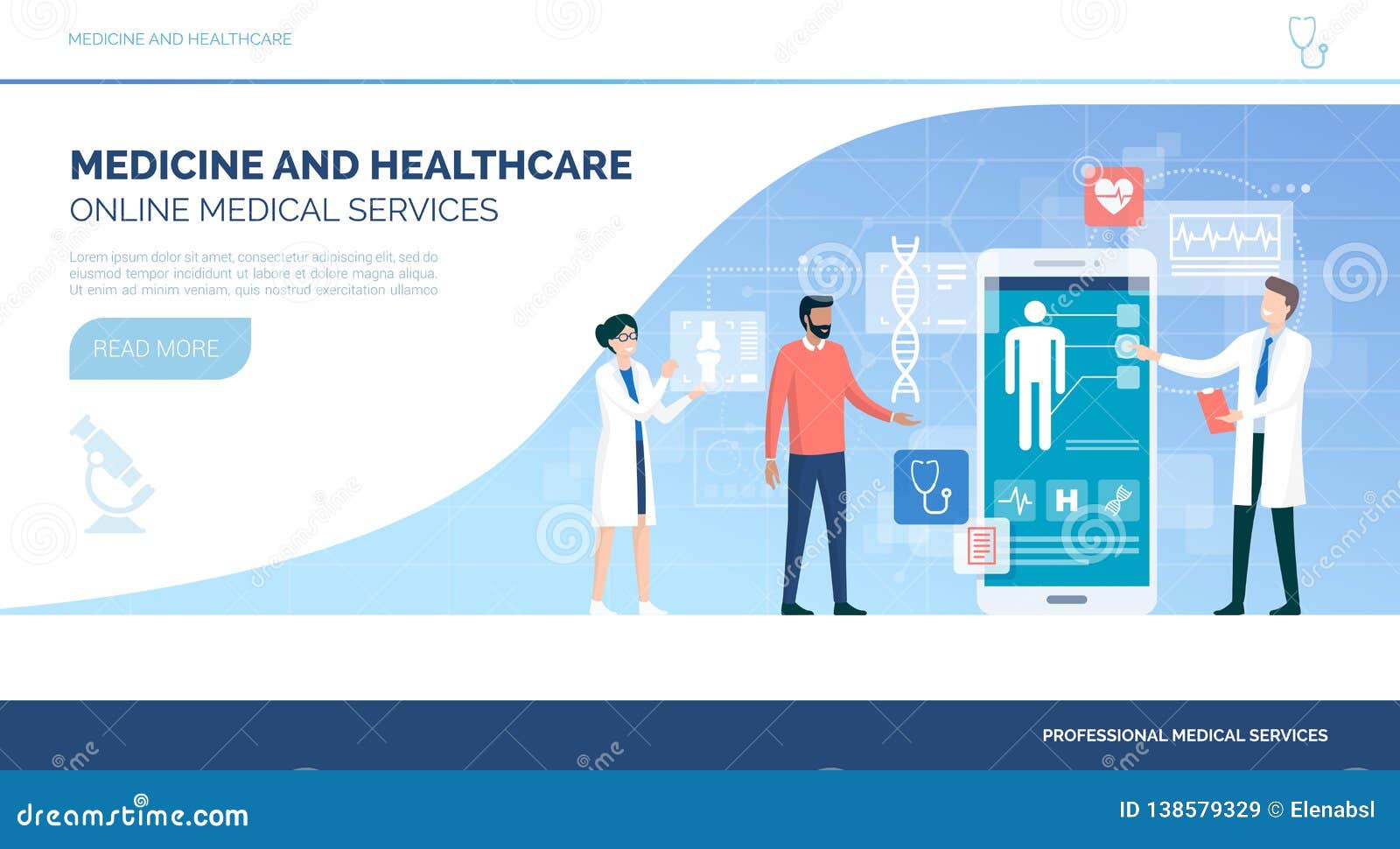The Influence of Subscription Based Healthcare on Conventional Clinical Practices
The Influence of Subscription Based Healthcare on Conventional Clinical Practices
Blog Article
The Surge of Subscription-Based Medical Care and Its Effect On Individual Treatment
As healthcare advances, the subscription-based design is gaining grip, guaranteeing to change person treatment by offering predictability and availability. These models, which bypass typical insurance policy, could redefine the patient-doctor dynamic, highlighting tailored and precautionary treatment. As with any kind of technology, they present challenges, specifically concerning fair access for all socioeconomic teams. The capacity for these designs to reshape healthcare delivery increases pressing questions about their lasting sustainability and inclusivity. Are these registration services the future of health care, or do they take the chance of leaving vulnerable populaces behind? The intricacies of this change warrant a closer evaluation.
Understanding Membership Health Care Models
Understanding the concept of membership health care models entails examining a transformative strategy to medical services that stresses cost and access. These designs, usually referred to as straight key treatment (DPC) or concierge medicine, have actually become ingenious alternatives to standard fee-for-service healthcare systems. Membership healthcare permits people to pay a fixed regular monthly or annual charge for a specified set of clinical solutions, which might consist of endless office gos to, routine examinations, and basic lab tests, without the demand for standard insurance coverage payment.
The structure of subscription healthcare models is made to streamline patient treatment by getting rid of third-party payers and intricate invoicing codes, thereby lowering management burdens. Healthcare suppliers can concentrate a lot more on individual care, promoting more powerful patient-provider relationships. This version additionally promotes preventative care by urging routine visits, as the financial obstacle of per-visit costs is removed.
The subscription design often encourages doctor to take care of smaller individual panels, permitting more tailored care. It aligns financial motivations with patient health results, as service providers are inspired to preserve patient complete satisfaction and well-being. In general, understanding subscription medical care models needs recognizing their possible to reshape how treatment is provided and accessed.
Advantages for Patients and Providers

With a stable revenue stream, healthcare specialists can dedicate even more time to each client, leading to an extra customized and comprehensive care experience. The emphasis on precautionary treatment within registration strategies can lead to much better patient results and reduced lasting medical care prices.
Obstacles and Worries
While subscription-based healthcare designs existing countless advantages, they likewise come with a collection of obstacles and problems that must be dealt with. First, accessibility continues to be a substantial concern, as these versions frequently target people who can pay for regular monthly charges, possibly omitting low-income populaces. This raises honest questions about fair access to medical care services. Furthermore, the varied nature of membership plans can cause complication among people pertaining to protection specifics, potentially leading to unmet assumptions or inadequate care.
Financial sustainability of subscription-based versions is one more worry. Service providers need to stabilize the set earnings from memberships with the variable costs of medical care solutions, which might change as a result of unpredicted medical requirements. This can develop stress to limit services or increase costs, potentially influencing person fulfillment and care top quality.
Furthermore, governing oversight of subscription-based healthcare designs is still evolving. The absence of standardized frameworks can result in irregular service top quality and liability, website link making complex initiatives to make sure client security. The assimilation of technology-- usually a cornerstone of these versions-- elevates concerns about information personal privacy and security, as delicate patient information might be prone to violations. Resolving these challenges is essential for the fair and successful implementation of subscription-based healthcare.
Effect on Patient-Doctor Relationships
One considerable impact of subscription-based medical care designs on patient-doctor connections is the potential for boosted continuity and individualized treatment. By embracing a membership version, physicians can manage a smaller individual panel, permitting more dedicated time with each individual. This enhanced schedule cultivates a deeper understanding of a person's clinical background, lifestyle, and choices, enabling a lot more tailored therapy plans and interventions.

Nevertheless, it is necessary to recognize that while subscription-based versions might profit those that can manage them, they can unintentionally widen healthcare disparities. Patients that are incapable to join these versions might experience reduced access to personalized care, possibly impacting their relationships with healthcare companies. Therefore, while the membership design uses promising benefits for patient-doctor partnerships, it additionally poses challenges that require to be resolved to make certain equitable healthcare access.
Future of Medical Care Gain Access To

The role of modern technology can not be overlooked in this transformation. Telemedicine systems and electronic wellness records help with smooth communication between clients and healthcare suppliers, breaking down logistical and geographical barriers. Additionally, developments in man-made knowledge and information analytics can better individualize healthcare by forecasting person demands and optimizing treatment strategies.
However, the future of medical care access additionally provides obstacles, such as making sure equity throughout different socio-economic teams. Policymakers and doctor should work together to connect the digital divide, guaranteeing my latest blog post that subscription-based versions remain inexpensive and inclusive. As these systems mature, they hold the promise of making health care a lot more accessible, effective, and patient-centric.
Conclusion
Subscription-based medical care designs are improving person treatment by supplying a secure expense framework and improving ease of access. The rise of subscription-based healthcare urges aggressive person involvement, which has the possible to improve person results and complete satisfaction, signaling a transformative change in medical care distribution.
As medical care progresses, the subscription-based model is obtaining grip, assuring to change individual treatment by using predictability and ease of access.Subscription-based healthcare models provide unique advantages for both individuals and companies, enhancing the general health care experience.As medical care systems develop, the future of healthcare gain access to regularly pivots on the integration of cutting-edge designs and modern technologies.Subscription-based medical care versions are reshaping individual treatment by giving a secure expense framework and improving access. The surge of subscription-based medical care encourages proactive client involvement, which has the prospective to improve person end results and fulfillment, indicating a transformative change in health care shipment.
Report this page